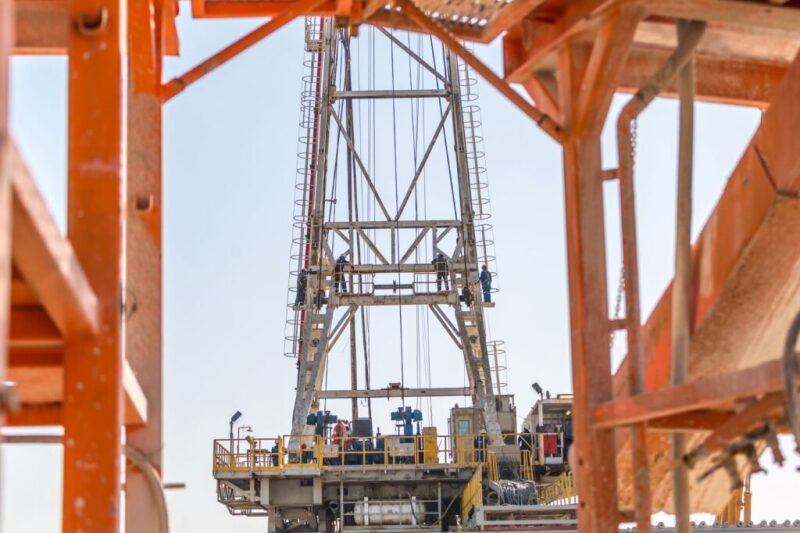The United Arab Emirates (UAE) has become the latest country to prove that the unconventional oil and gas sector is becoming firmly an international one.
This comes as the Abu Dhabi National Oil Company (ADNOC) and its French partner Total announced today the first delivery of unconventional gas from a jointly operated onshore field in the UAE.
ADNOC said the gas delivery represents a major advance toward the company’s goal of producing 1 Bcf/D by 2030, enough to meet all the UAE’s domestic natural-gas demand.
The shale-gas field ADNOC and Total are developing, the Ruwais Diyab Unconventional Gas Concession, is located almost 125 miles from Abu Dhabi. Current production figures from the field were not shared in the announcment.
The companies said they used a fast-track approach to expedite the midstream components needed to move the gas from the greenfield to existing processing facilities.
“The accelerated progress in Ruwais Diyab is a testament to the longstanding partnership between ADNOC and Total, which has enabled us to expedite the learning curve in the production of unconventional gas resources, provided cost optimization opportunities, and driven efficiencies,” Yaser Saeed Almazrouei, ADNOC’s upstream executive director, said in a statement.
The announcement of first gas came the same day that ADNOC and Total signed a 2-year supply agreement for UAE-produced LNG. ADNOC became the first Middle Eastern country to export LNG more than 40 years ago.
Because of its bountiful liquids-rich conventional formations—the source rock for most tight-oil and gas deposits—the Arabian peninsula is considered to have a high potential for the commercial production of unconventional gas.
ADNOC has been attempting to develop its share of these resources since 2016. The Abu Dhabi regulatory body that also serves as ADNOC's board reported last year that the emirate holds an estimated 160 Tcf of recoverable tight-gas reserves.
In 2018, Total was granted a 40% stake in the Ruwais Diyab field in an agreement that also required the French supermajor to take an active part in the exploration, appraisal, and development operations.
Conventional Rocks Get Unconventional Treatment
ADNOC said in addition to its unconventional projects it has plans to explore other onshore gas opportunities in the near future to meet its production target. Some of these activities are likely to rely on many of the same technologies being used in unconventional drilling and completions.
In February, ADNOC completed its first multistage fracturing operation of a horizontal well in a conventional, but tight, carbonate formation in an onshore field.
New details about the milestone project, which was not part of the joint venture with Total, were shared in a technical paper (SPE 203226) this week at the the Abu Dhabi International Exhibition & Conference (ADIPEC).
The case study involves a 14-stage well that was treated with both the acid-fracturing technique and hydraulic fracturing with crosslinked gels and proppant. Though reservoir quality varied between the differently treated stages, those completed with crosslinked fluids and proppant produced more than 80% of the well’s total gas output.
Traditionally, the preferred stimulation method for carbonate reservoirs in the region has been acid fracturing.
The authors from ADNOC and its service provider Halliburton highlighted in their paper that having the flexibility to use modern hydraulic fracturing approaches “will pave the way for developing tight-carbonate reservoirs" within a significant portfolio that has been "left undeveloped due to low productivity.”
In August, neighboring Saudi Arabia announced that is was making progress in the development of its unconventional resources, reporting that it had started production from a tight-sandstone formation in the northern section of the country.
For Further Reading
SPE 203226 First Multistage Fracturing of Horizontal Well Drilled in Conventional Tight Carbonate Reservoir in an Onshore Field in the UAE–Challenges and Lessons Learned, by Muhammad Aftab, ADNOC, et al.


